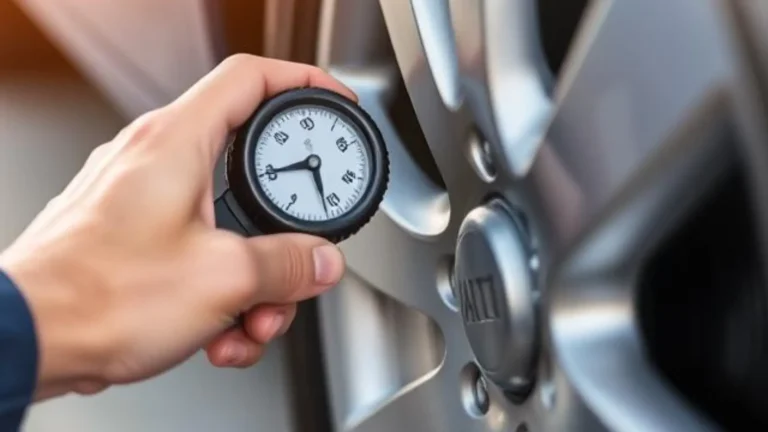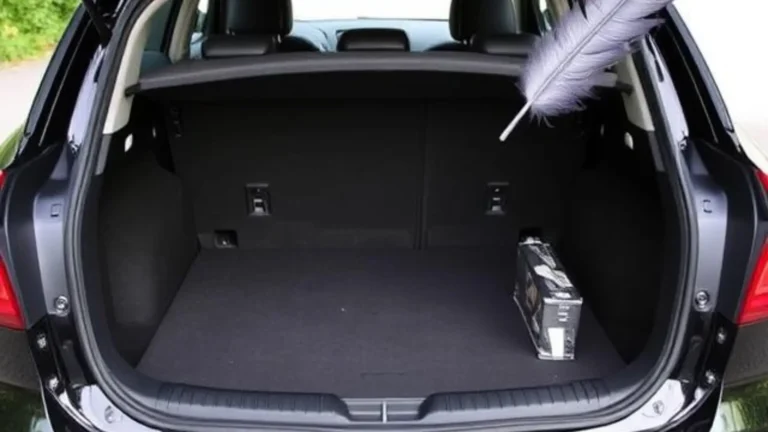Worried about Low Mileage? Boost Your Car’s Fuel Efficiency by 20% with These Simple Tricks
That nagging feeling of a low mileage car can be frustrating, especially when every trip to the pump feels like it’s draining your wallet. But what if you could take control and make a tangible difference in your car’s fuel efficiency? The good news is, you can! By understanding how your driving habits and car maintenance impact fuel consumption, you can implement easy changes that lead to substantial savings. These tips apply whether you have a robust SUV, a nimble hatchback, or even a classic like a low mileage honda accord.

Driving Habits: Your Biggest Impact on Fuel Economy
Your driving style is arguably the most significant factor influencing your car’s fuel consumption. Aggressive driving – characterized by rapid acceleration, harsh braking, and sudden lane changes – forces your engine to work harder, guzzling more fuel. Instead, embrace a smoother approach:
Gentle Acceleration: Imagine you have an open cup of coffee on your dashboard; accelerate so smoothly that you don’t spill a drop. This allows your engine to build speed more efficiently.
Anticipate Traffic: Look far ahead to anticipate traffic lights, slowdowns, and turns. This lets you ease off the accelerator and coast, rather than braking suddenly and then re-accelerating.
Maintain Steady Speed: Fluctuating speeds waste fuel. On highways, use cruise control to maintain a consistent speed. In urban areas, try to flow with traffic rather than constantly speeding up and slowing down.
Avoid Excessive Idling: If you’re going to be stopped for more than 30-60 seconds (e.g., waiting for someone, at a long traffic light), it’s generally more fuel-efficient to turn off your engine and restart it when ready.
By adopting these sensible driving techniques, you can see a noticeable improvement, making even cheap cars with low mileage perform better on the fuel front.
Want to know which brands have low mileage? Check here
Regular Maintenance: The Unsung Hero of Efficiency
A well-maintained car is a fuel-efficient car. Neglecting routine service can drastically reduce your mileage. Here’s what to prioritize:
Proper Tyre Pressure: Under-inflated tyres increase rolling resistance, forcing your engine to work harder. Check your tyre pressure regularly (at least once a month and before long trips) and inflate them to the manufacturer’s recommended levels found on your door jamb or in the owner’s manual.
Clean Filters: A dirty air filter restricts airflow to the engine, causing it to burn more fuel to compensate. Similarly, a clogged fuel filter can impede fuel delivery. Replace these filters as per your car’s service schedule.
Quality Engine Oil: Using the manufacturer-recommended grade of engine oil ensures optimal lubrication and reduces friction within the engine. This can improve fuel economy by a small but measurable percentage.
Regular Servicing: Timely oil changes, spark plug replacements, and general tune-ups ensure your engine runs at peak efficiency. Addressing issues like a faulty oxygen sensor can significantly boost mileage, sometimes by a substantial amount.
These maintenance steps are essential, whether you own a brand-new vehicle or are considering low mileage vehicles for sale.
Also check out Genie Carz.

Smarter Car Usage: Beyond the Engine
Beyond how you drive and maintain your car, how you use it daily also plays a role in fuel efficiency:
Reduce Excess Weight: Every extra pound your car carries requires more fuel to move. Remove unnecessary items from your trunk and cabin. Those golf clubs or toolboxes you rarely use? Take them out!
Use A/C Judiciously: Air conditioning puts a load on your engine, consuming more fuel. At lower speeds, consider rolling down your windows. At higher speeds (above 60 km/h or 40 mph), open windows create aerodynamic drag, so using the AC sparingly or on economy mode might be more efficient.
Plan Your Trips: Combining multiple short errands into one longer trip can be more fuel-efficient than several cold starts and short runs. Use navigation apps to find the most efficient routes, avoiding heavy traffic and frequent stops.
By implementing these “simple tricks,” you can transform your low mileage car into a much more economical vehicle. You’ll not only save money at the fuel pump but also contribute to a greener environment, proving that small changes can lead to big impacts on your wallet and the planet.

